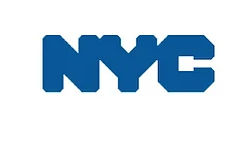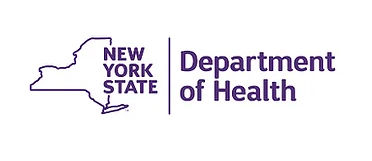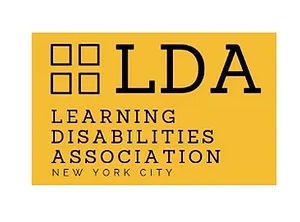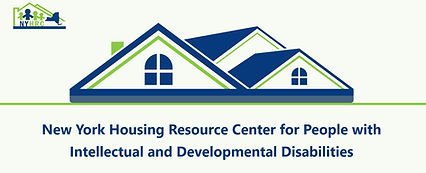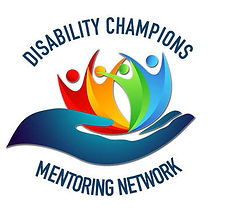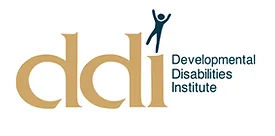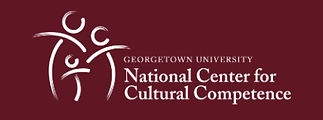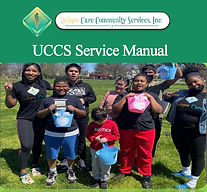Resources
The Office for People With Developmental Disabilities (OPWDD) in New York State is dedicated to providing services and supports for individuals with developmental disabilities. Its primary purpose is to help these individuals lead meaningful, inclusive lives by promoting their independence, health, and well-being. OPWDD works to ensure access to person-centered services, including housing, employment, education, and community integration, while upholding their rights and dignity.
The City of New York (NYC) supports people with disabilities through programs like Access-A-Ride, inclusive housing initiatives, and employment services. It ensures accessibility in public spaces and provides resources to promote independence and equal opportunities for all residents.
The New York State Department of Health helps people with disabilities by providing access to healthcare services, managing Medicaid programs, and supporting long-term care options. It ensures individuals receive the resources and support needed for improved health and quality of life.
The Learning Disabilities Association (LDA) helps individuals with learning disabilities by providing resources, advocacy, and support. It works to empower people through education, workforce readiness programs, and family support, fostering independence and equal opportunities.
The New York Housing Resource Center (HRC) serves as a central repository for housing-related services and resources tailored to individuals with intellectual and developmental disabilities (I/DD). New York Housing Resource Center
It offers technical assistance and community training to housing stakeholders, aiming to enhance housing options and support for people with I/DD.
The Disability Champions Mentoring Network is a 501(c)(3) non-profit organization based in Brooklyn, New York, dedicated to supporting individuals with disabilities during their transition from high school and beyond.
The network offers mentorship, advocacy, and leadership development programs to empower people with disabilities, fostering independence and equal opportunities.
The Developmental Disabilities Institute (DDI) is a nonprofit organization serving children and adults with autism and other developmental disabilities. DDI offers person-centered programs focusing on individual goals and interests, promoting personal growth and fulfillment.
Medicare is a federal health insurance program that provides coverage for individuals aged 65 and older, as well as those under 65 with certain disabilities, including intellectual and developmental disabilities (I/DD). For individuals under 65 with I/DD, Medicare eligibility typically begins after a 24-month waiting period following the receipt of Social Security Disability Insurance (SSDI) benefits.
The National Institutes of Health (NIH) is a U.S. government agency that conducts and funds medical research to improve public health. It supports groundbreaking research to better understand, prevent, and treat a wide range of conditions, including disabilities, by providing critical resources and promoting scientific advancements. NIH also offers programs that focus on supporting individuals with developmental and intellectual disabilities through research and healthcare innovations.
Abilibee is a free app designed to assist individuals with developmental disabilities in New York State, along with their supporters, in navigating complex systems and services from early intervention through adulthood.
The National Center for Cultural Competence (NCCC) works to improve cultural and linguistic competence in healthcare and human services organizations. It provides resources, training, and guidance to ensure that services are inclusive and meet the needs of diverse populations, including people with disabilities, by promoting effective communication and respect for cultural differences in care.
Discover how our enrollment process works with our Service Manual, designed to guide you through every step with clarity and ease.
Gain valuable insights on fostering an inclusive environment with our OPWDD LGBTQ Training Manual, crafted to enhance understanding and support for diverse communities.



